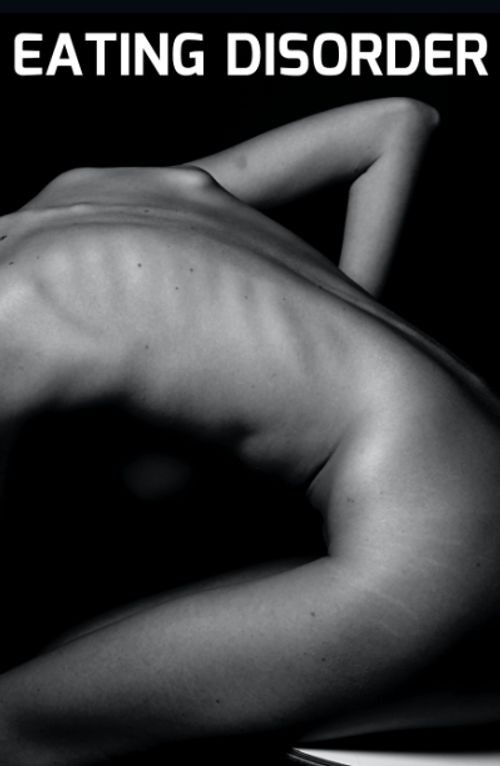What is an eating disorder, and how are they misunderstood?
Jun 27, 2022 · 2 mins read
0
Share

Eating disorders are psychiatric conditions characterized by undereating, overeating, or treating food as a means of self-abuse.
Save
Share
Eating disorders include anorexia, bulimia, avoidance/restrictive food intake, binge-eating, pica (eating non-food substances), and rumination disorder (regurgitating and chewing undigested food).
Save
Share
Eating disorders are mostly reported in people who are self-critical of themselves and have self-perceived flaws. They may use eating to gain control over an internal chaos. This might start with an obsession with food, body weight, or body shape.
Save
Share
Cause of eating disorders: There still isn’t much clarity behind causes but a mix of environmental and genetic risk factors contribute. Other mental illnesses like depression and anxiety may cause symptoms of eating disorders.
Save
Share
Risk factors: Certain psychological patterns like body image dissatisfaction, low self-esteem, and perfectionism are risk factors for eating disorders.
Save
Share
Impact: In severe cases, the body can be damaged by eating disorders including osteoporosis, anaemia, heart damage, and kidney damage.
Save
Share
Treatments: A combination of nutritional counselling, psychotherapy, and in some cases, medications. Cognitive-behavioral therapy and family therapy can also help. Other treatments such as transcranial-magnetic stimulation are being researched.
Save
Share
Misconceptions:
1. It is wrong that only women suffer from these disorders. People of all genders can be affected.
2. People who fall in a healthy weight range can also have these disorders.
Save
Share
Famous people: Princess Diana and Lady Gaga suffered from bulimia. Demi Lovato suffered from binge-eating. Celebrities including Zayn Malik, Lucy Hale, and Hilary Duff have spoken about their battles with eating disorders.
Save
Share
Final Note: Eating disorders are still very misunderstood. Individuals need to be supported by families and communities in getting the help they need. Only education will end the stigma and prevent needless suffering.
Save
Share
0